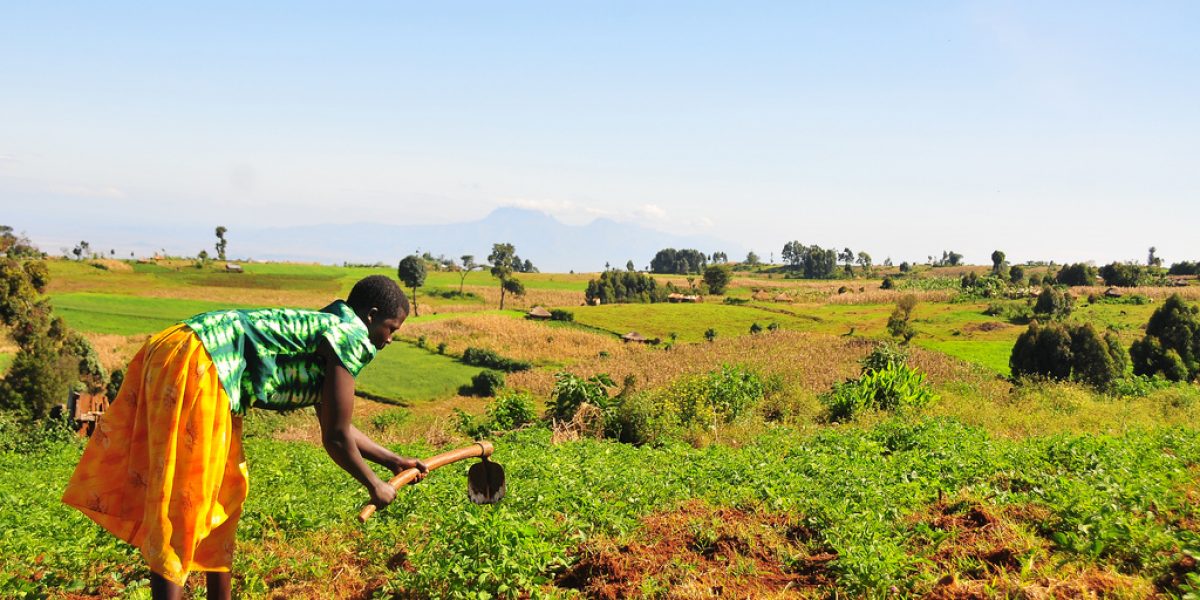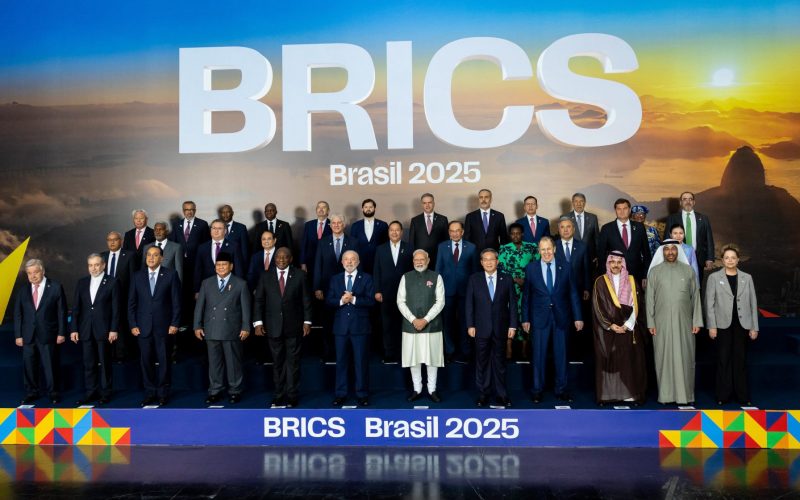Nepad estimates donors (mainly) will have to cough up $251bn between 2002 and 2015. Currently, the continent gets about $16bn in development aid and imports food worth about $19bn every year. What can countries do while waiting for the billions, and what would we do with each extra euro? What should the agricultural priority of Africa be? What strategies will make governments south and north take Nepad’s agricultural plans seriously? How can civil society help Nepad move its agriculture plans from filing cabinet to field?
Farming occupies about 60% of Africa’s total workforce, contributes 20% of its exports (down from more than 50% in the 1960s) and 17% of gross domestic product. Yet for a farming continent, Africa has been a net food importer for 25 years, and one in four Africans is chronically undernourished. Recognising that no renaissance lies down this road, Nepad with the Rome-based Food and Agriculture Organisation generated the Comprehensive Africa Agriculture Development Programme in 2002.
The programme rests on four pillars. First, extend cultivated land and irrigation; just 3,7% of sub-Saharan Africa’s arable land is irrigated compared with 41% in south Asia, and 16% of Africa’s soils have low nutrient reserves. Second, improve rural infrastructure and capacities for market access; poor roads, ports and railways hamstring African countries’ trade with the north and their neighbours. Third, increase food supply and reduce hunger; simple, cheap technology can dramatically boost crop and livestock yields.
Fourth, accelerate agricultural research, technology dissemination and adoption for longterm productivity. Next year, Nepad plans workshops to implement the programme’s road map, and will monitor African governments that pledged to raise agricultural spend to 10%.
So, what will make the programme work?
Communication: at a recent workshop hosted by the South African Institute of International Affairs, where 50 researchers, agribusiness representatives and government officials gathered to kick the tractor tyres on Nepad’s agricultural blueprint, less than one in five had heard of the programme. Unless the Nepad secretariat spends more on communicating policies the programme will struggle to get off the ground. Jargonheavy documents fail to fire the imagination. The programme speaks largely to donors, but must resonate with farmers, researchers and governments. Nepad must celebrate the programme’s quick successes, and strategise hard about how to win over sceptical donors, western parliaments and voters.
Jockey or nothing: every bold initiative needs a strong rider in the saddle. Unless the programme (and Nepad) has a charismatic and high-level political and business champion in each country it will wither.
Power to the people: Africa’s millions of smallholders won’t exert policy influence until they unite in collective structures such as farmers’ unions. Communities must articulate and control their development needs. The programme must overcome the suspicion of those not initially consulted.
Comparing apples with oranges: African countries are not identical. The programme will flourish only when national governments adapt the generic framework to their circumstances, because ultimately one size fits nobody.
Look to Lagos and Libreville, not just London: the programme, penned largely in Rome and Pretoria, omitted fisheries, livestock and forestry, critical sectors in several African countries. Our biggest potential trading partners may be our neighbours, not Europe. West Africa imports Asian rice, while its scientists struggle to roll out hardy home-grown varieties. Food-insecure southern Africa could learn from west Africa; during droughts trade restrictions are relaxed.
Seeing is believing: farmers are practical people who invest in and adopt new technology if they see results. Malawi recently introduced small-scale irrigation based on Bangladesh’s 1980s green revolution. Foot-powered treadle pumps, sold at a fifth of what other systems cost, allow vegetable cultivation and so enhance income. Critical mass gathers as curious neighbours see 3m maize stalks and lush cabbages growing in dry July.
Ask not what Nepad can do for you. ‘Nepad’s not an implementation agency,’ stressed Ingrid Kirsten, a Nepad secretariat agriculture researcher. ‘It deliberately has a lean secretariat. The challenge is to make the programme live, to bring it to earth and implement it nationally and regionally.’ Individual countries should use the debating space pried open by the Nepad process to reform their own agriculture sectors and hold their own governments accountable.
Critics of Africa’s regeneration process charge that after three years Nepad amounts to little more than hot air. But there’s really no substitute for every African country collectively chewing the cud over critical policy issues.








